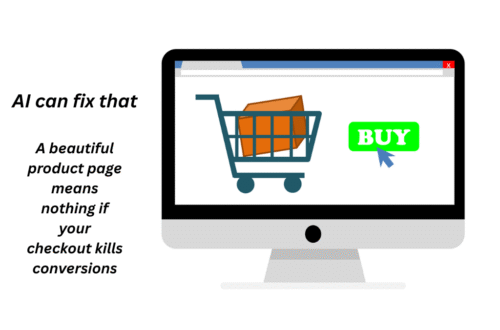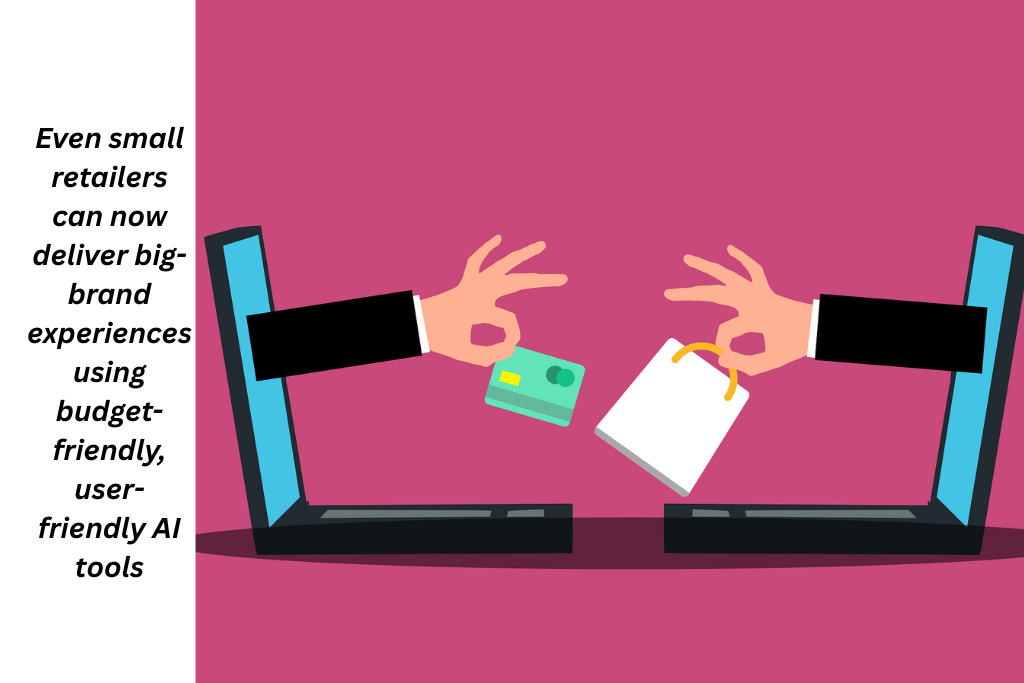
AI in Retail Marketing: Driving Hyper-Personalization for SMEs on a Budget
The higher expectations of customers made small retailers feel that they could not reach that level of personalization. It’s because many SMEs struggle with a limited budget, and they lack advanced tools. They also have lean teams that make deep personalization seem like a luxurious advancement towards their marketing goals.
However, AI in retail marketing is not an option reserved just for the giant enterprises. The use of affordable and user-friendly tools is making everything possible for most budget-conscious retailers.
In this article, we will explore how small and medium-sized retailers can use AI solutions to unlock hyper-personalization. This practice will help you deepen customer loyalty and stay competitive in the personalized retail world.
What Is Hyperpersonalization in Retail Marketing?
Hyper-personalization goes beyond adding the first name of the customer or recommending their favorite products. It is about providing a real-time shopping experience that gives a feeling of a brand that is associated with its customers.
In retail, relevance increases revenue. The more specific and timely your message is, the greater the possibility of attaching and converting your customer. Using hyper-personalization not only changes customer experience but also promotes sales and retention.
The Budget Challenge for SMEs
SME retailers face a unique challenge when it comes to personalization. Unlike large retailers with heavy investments and in-house teams, SMEs struggle with personalization. This is due to their limited resources, time, and support. So first of all, let’s break down the real challenges that small retailers encounter, keeping in mind the expectations of today’s customers.
1. Lean marketing Teams
Most SMEs don’t have a full-scale marketing department. It is usually one person managing everything from social media to customer support. The need and use of AI tools also make things more complicated, as they do not have tech support or automation know-how. This makes using AI in retail marketing seem complex and out of reach.
2. Fewer Insights to Act On
Large brands have millions of data points across their digital platforms. On the contrary, SME retailers have fewer customers and limited tracking capabilities. This means fewer insights to predict behavior or personalize campaigns.
3. ROI Concerns
Investing in new technology feels risky. Especially when you are not sure whether it will deliver a measurable return, SMEs worry about wasting money or time on tools. Along with that, there are so many AI solutions, automation, and CRM platforms that make choosing and implementing these tools highly difficult.
4. The myth of AI as Expensive or Complicated
It’s true that for years, AI was marketed as a solution for big enterprises with big budgets. This made small retailers assume that AI requires customer development, technical teams, and huge investments.
The truth is that AI is no longer expensive or complicated. There are top-tier tools with user-friendly interfaces, easier integrations, and affordable pricing. These tools are now in reach of even the smallest retailers. From automating to personalization, small retailers can also deliver a big-brand experience at an affordable cost.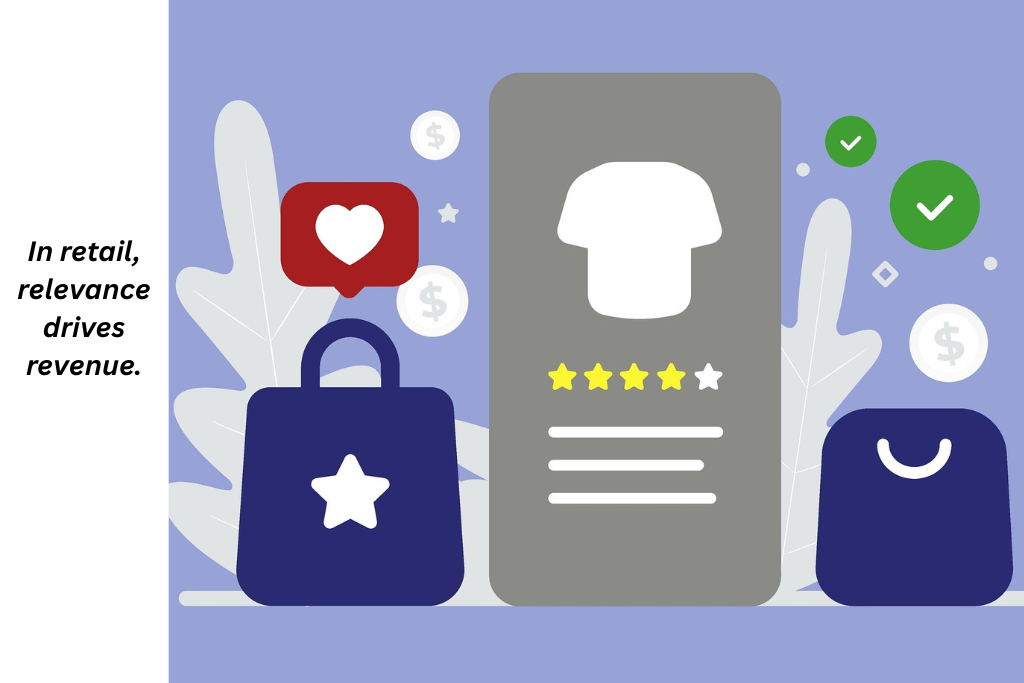
How AI Is Becoming Affordable and Accessible for Retailers?
AI is no longer locked behind a wall of complex coding. Now, you don’t need to pay enterprise-level pricing to use its power. The simplified tools make it easier for retailers to integrate them into their marketing.
1. Rise of No-code AI tools
No-code AI platforms help you build automations and analyze customer behavior. You can personalize marketing just through drag-and-drop interfaces. These tools also come with guided setups. For example, using tools like Levity and Pecan lets you build AI workflows without writing a single line of code.
2. Pre-trained AI Models
Instead of building AI from scratch, small businesses can use pre-trained AI models. These models are already trained on vast datasets and are optimized for common retail use cases. They already worked on cases like product recommendations, cart abandonment, and customer segmentation. Email platforms like Klaviyo and Mailchimp offer powerful subject line suggestions right after you enter the prompt.
3. E-Commerce Platforms Integrating AI Features
If you are using Shopify, BigCommerce, or WooCommerce, AI is already in your reach. These types of platforms are directly using AI in their ecosystems through built-in integrations.
4. Pay-as-you-Grow Pricing Models
Most AI tools offer affordable plans. Some also charge you as you grow. This means that you can only pay for what you are using. This makes AI adoption more budget-friendly and less risky for small retailers.
Low-Cost AI Use Cases for Hyperpersonalization in Retail
Here are the six affordable and high-impact ways retailers can use to boost conversions and deepen customer engagement.
1. Product Recommendations
AI can analyze customer behavior and offer real-time product suggestions. These recommendations appear on product pages, homepages, or in-cart. This increases your chances of upselling and cross-selling.
2. AI Chatbots: Real-time Personalized Customer Service
Modern AI chatbots are not just for answering customers’ questions. They can greet customers by name, offer product suggestions, history, and guide them towards checkout. All this happens in real time.
3. Dynamic Pricing & Offers
Using AI in retail marketing helps retailers to offer discounts strategically. Such as for first-time buyers, offer 10% off and send VIP offers (like free delivery) to your loyal customers. Along with that, you can also send a flash deal just before someone abandon their cart.
4. Predictive Inventory & Reordering
The AI can track the pattern to estimate that the customer may need to re-order. It works well for consumables such as beauty products, pet food, or supplements. This enables you to automate individual reminders or bundle offers.
5. Email & SMS Automation
AI helps you to send perfect emails or texts at the best time. It sends reminders for abandoned carts or ‘Back in Stock’ alerts to shoppers. These automations are based on real-time behavior and can feel remarkably personal.
6. Personalized Landing Pages
AI tools can create landing pages that adjust based on who’s visiting. For example, a returning visitor might see previously viewed items, while a new visitor gets a curated “Best Sellers” layout. Some tools even customize copy based on referral source or location.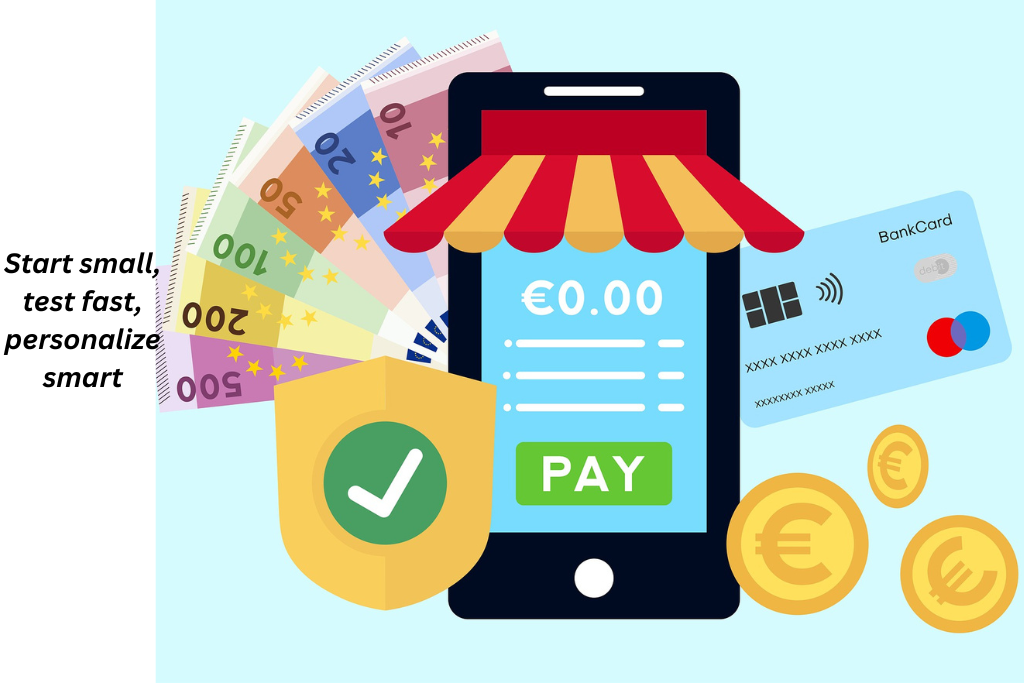
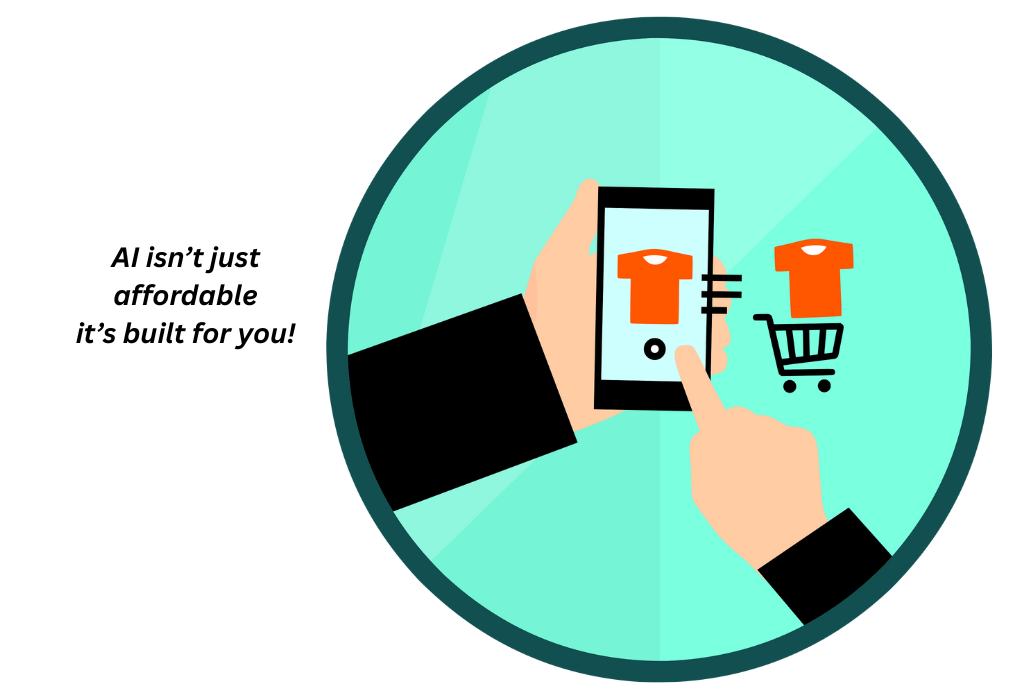
Best AI Tools for SMEs (Budget-Friendly Picks)
| Built-in personalization tools for retailers | Shopify Magic |
| AI chatbots for lead capture and sales | Tidio, ManyChat |
| Personalized thank you and upsell pages | Reconvert |
| AI-powered email personalization | MailerLite, ChatGPT |
| Smart product recommendations | Clerk.io |
| Automating workflows and personalization triggers | Zapier, OpenAI |
Conclusion
Using AI in retail marketing is not difficult. Grab a tool and start testing one AI-powered personalization idea this week. Also, explore budget-friendly tools and start personalizing to boost conversions and sales.



